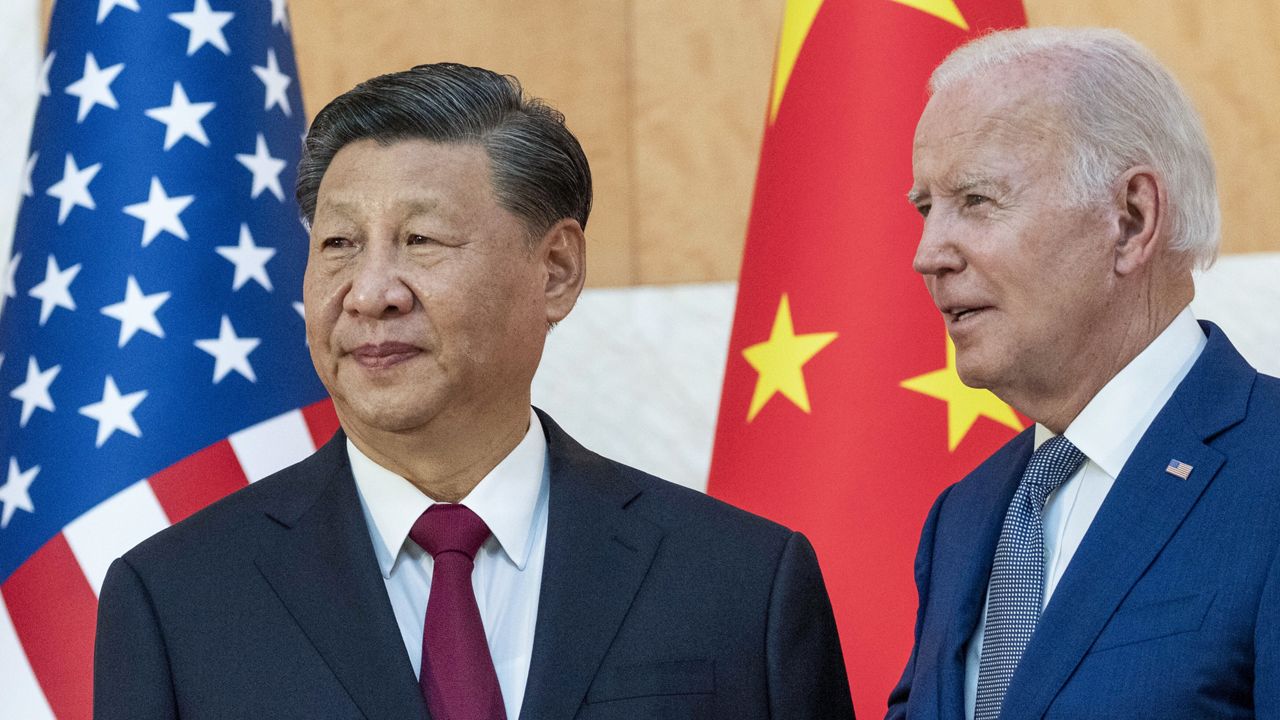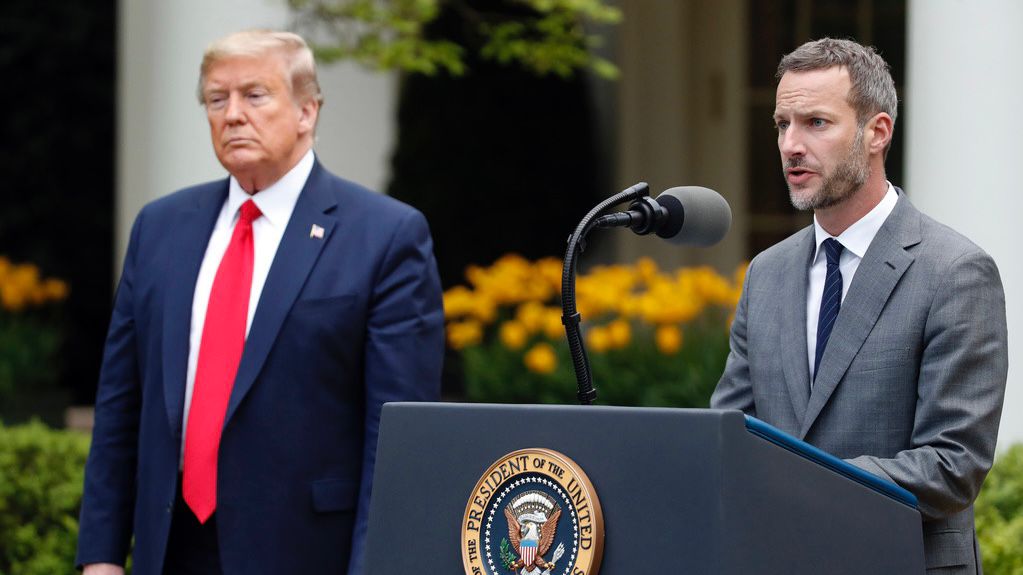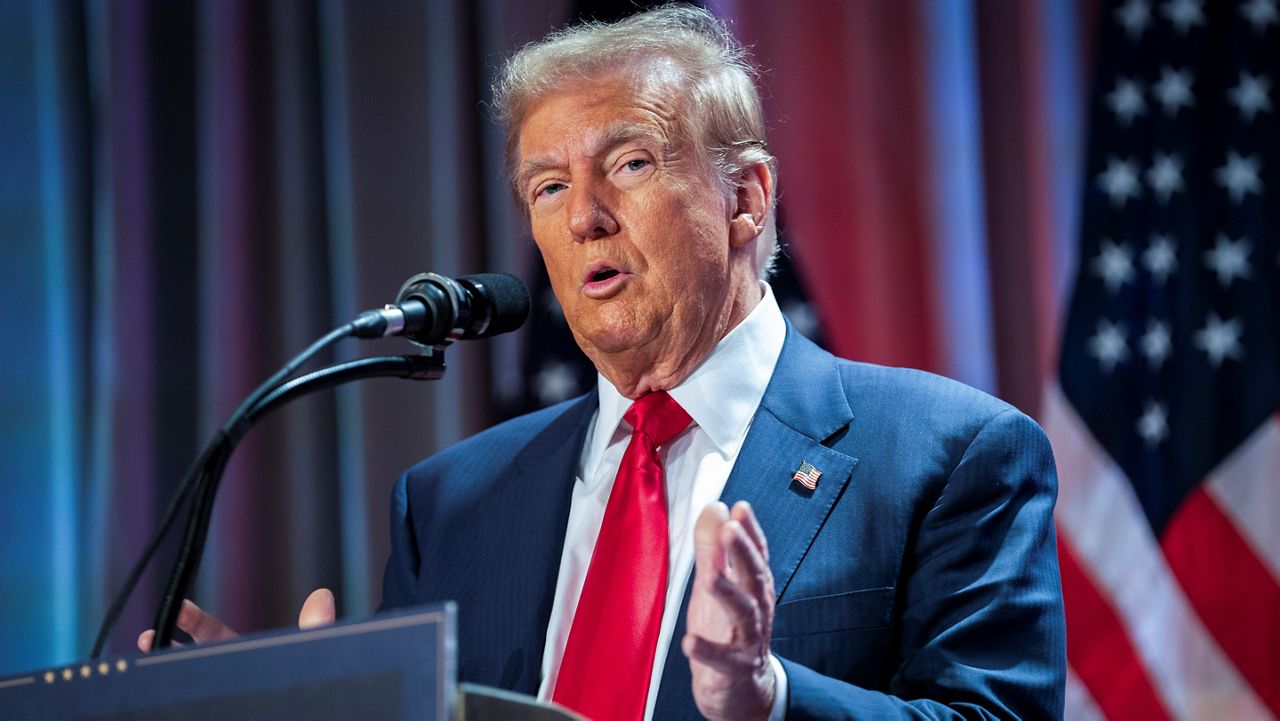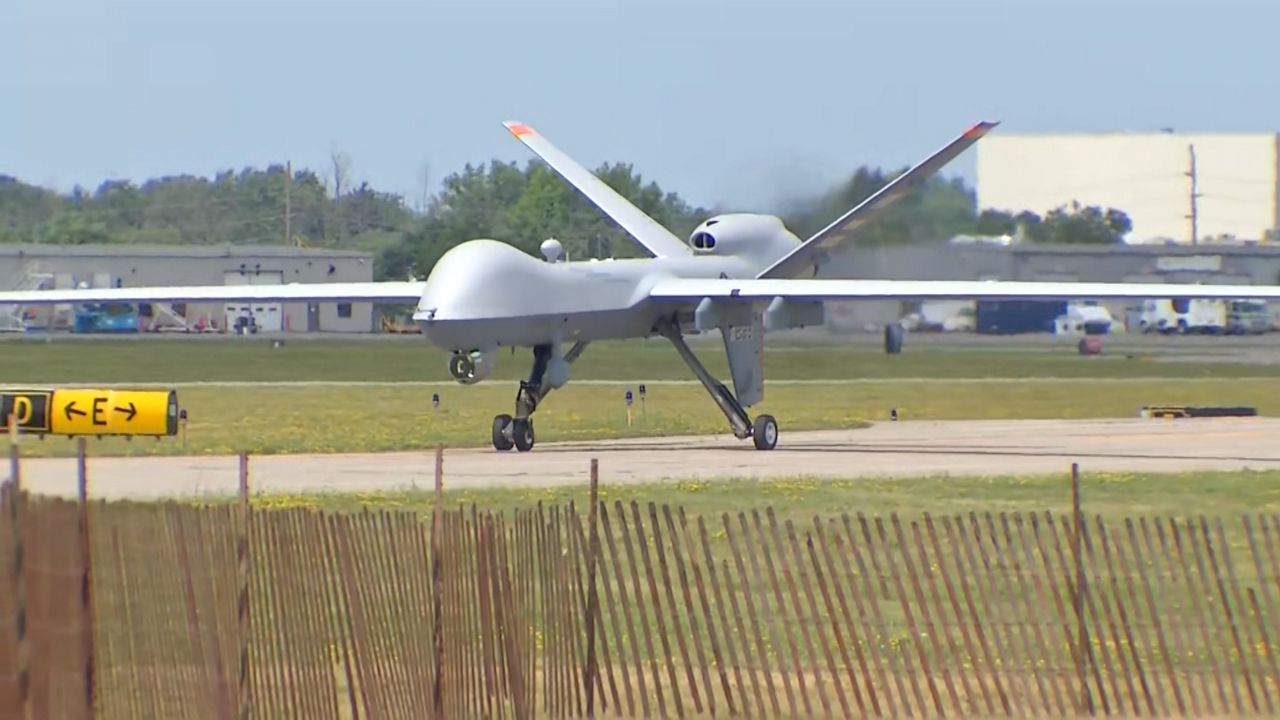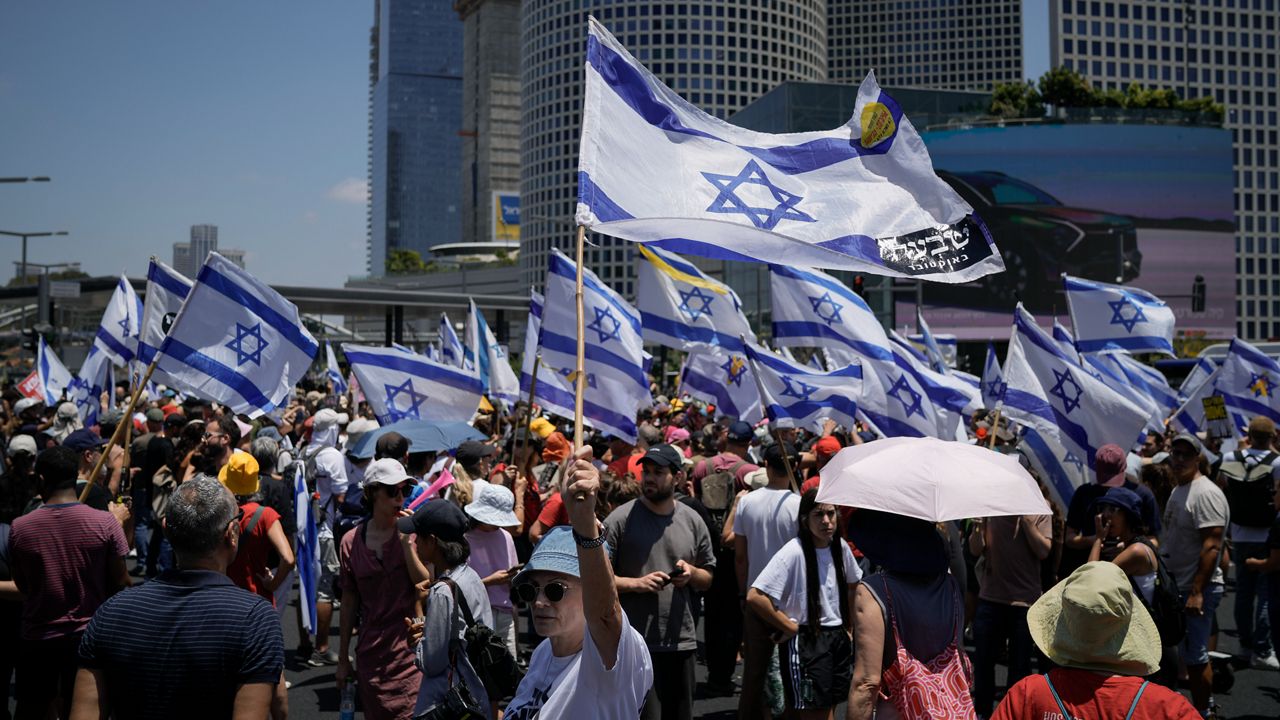President Joe Biden and Chinese President Xi Jinping will meet in San Francisco next month at the Asia-Pacific Economic Cooperation summit, the White House confirmed on Tuesday, marking the first time the two leaders will speak in person in a year.
The areas of dispute between the two superpowers is long — from tensions over Taiwan and China’s role in the wars in Ukraine and Israel to climate change and the nations’ technology imports and experts — but White House Press Secretary Karine Jean-Pierre would not get into the specifics of the agenda for when Biden and Xi speak at the summit for 21 Pacific countries, scheduled for Nov. 11-17.
“This is intense competition, it is always important to have this type of diplomatic conversations. That's the best way to manage this type of competition that we see, through intense diplomacy,” Jean-Pierre said at the White House briefing on Tuesday. “We’re aiming to have a constructive conversation.”
The U.S. State Department has publicly pushed China in recent days to wield their influence with Iran and other Middle Eastern countries to help prevent a broader conflict as the Israel-Hamas war in Gaza continues into its fourth week.
“China should use whatever ability it has as an influential power to urge calm,” State Department spokesperson Matthew Miller said last week. “We know China has relationships with a number of countries in the region, and we would urge them to use those relationships, the lines of communication they have, to urge calm and stability.”
The planned meet comes amid rising tensions and after a diplomatic blitz in recent months that saw three U.S. cabinet secretaries travel to China and China’s top diplomat meeting with Biden at the White House last Friday. At that meeting with Foreign Minister Wang Yi, Biden “emphasized that both the United States and China need to manage competition in the relationship responsibly and maintain open lines of communication,” according to the White House. Secretary of State Antony Blinken also met with Wang on both Thursday and Friday.
At a press conference on Monday, a Chinese foreign ministry spokesperson said Wang said “the two sides should work to stabilize the China-US relationship from further deterioration,” according to a translation published by the Chinese government. Wang and U.S. officials also discussed the Palestinian-Israeli conflict, the war in Ukraine, North Korea’s nuclear proliferation and Taiwanese independence, with the spokesperson describing the last issue as “the biggest challenge facing China-U.S. relations.”
Taiwan is a self-governed island located off in the northwestern Pacific Ocean that China claims as its own and has said they will take back by force. The U.S. has a military pact with Taiwan and Biden has said multiple times he would send U.S. troops to defend the island, only for the White House to walk back his statements and recommit to the longstanding “One China” policy. Under the doctrine, the U.S. concedes Taiwan is part of China, but does not officially recognize their claim.
The Chinese foreign ministry warned the talks in San Francisco wouldn’t be “smooth sailing” and the two countries couldn’t operate on “autopilot.”
Talks over military, climate and other key issues were largely ended in 2020 after a trip by then-Speaker of the House Nancy Pelosi, D-Calif., to Taiwan. The relationship between the superpowers had already soured after a tariff war set off by former President Donald Trump in 2018.
Biden and Xi last met in November 2022 in Bali, Indonesia at the Group of 20 meeting of the leaders of key rich and developing economies. Xi hasn’t been to the U.S. since 2017, when he met with Trump at his Mar-a-Lago resort in Florida.
Tensions between the two nations spiked earlier this year when Biden shot down a Chinese spy balloon that had traveled over the U.S. and communications between military leaders were cut off. Biden and Xi have gone on to insult the other and accuse each other of nefarious behavior. Biden called Xi a “dictator” at a fundraiser in June, said the balloon incident was an “embarrassment” and questioned the stability of the Chinese economy. The Chinese government called the comments “absurd,” “irresponsible,” and a “provocation.”
At the time, U.S. Secretary of State Antony Blinken had just traveled to Beijing to meet with Xi, the highest-level visit of a U.S. official since Biden took office, but was unable to restore military-to-military contacts. Since then, Treasury Secretary Janet Yellen went to China in July and slightly opened the door to negotiation over U.S. technology exports, currently heavily restricted out of national security concerns. Commerce Secretary Gina Raimondo followed Yellen in August and closed that door, while continuing to encourage talks on other trade disputes.
More recently, flare ups in the Pacific and the South China Sea between the militaries of China, the U.S. and the Philippines have alarmed U.S. officials.
Last week, the U.S. military released a video of a Chinese fighter jet flying within 10 feet of an American B-52 bomber over the South China Sea, nearly causing an accident. Earlier this month, the Pentagon released footage of some of the more than 180 intercepts of U.S. warplanes by Chinese aircraft that occurred in the last two years, part of a trend U.S. military officials call concerning.
The U.S. also has renewed a warning that it would defend the Philippines in case of an armed attack under a security pact, after Chinese ships blocked and collided with two Philippine vessels off a contested shoal in the South China Sea.
Beijing has released its own video of close encounters in the region, including what it described as footage of the USS Ralph Johnson making a sharp turn and crossing in front of the bow of a Chinese navy ship. The U.S. destroyer also was captured sailing between two Chinese ships.
Senior Col. Wu Qian, the spokesman of the Chinese defense ministry, said the videos showed that “the U.S. is the real provocateur, risk taker and spoiler.”
The Pentagon rejected China’s characterization of the USS Ralph Johnson’s movements, saying the video includes only “cropped segments of a 90-minute interaction.” The ship “complied with international law” and “operated in a lawful, safe and resolute manner,” the Pentagon said.
“We have said that we want to move forward with China, we understand that, and intense competition means intense diplomacy. That's what you're gonna see,” Jean-Pierre said Tuesday. “That's what the president is going to be doing and having a tough conversation, but an important conversation.”




